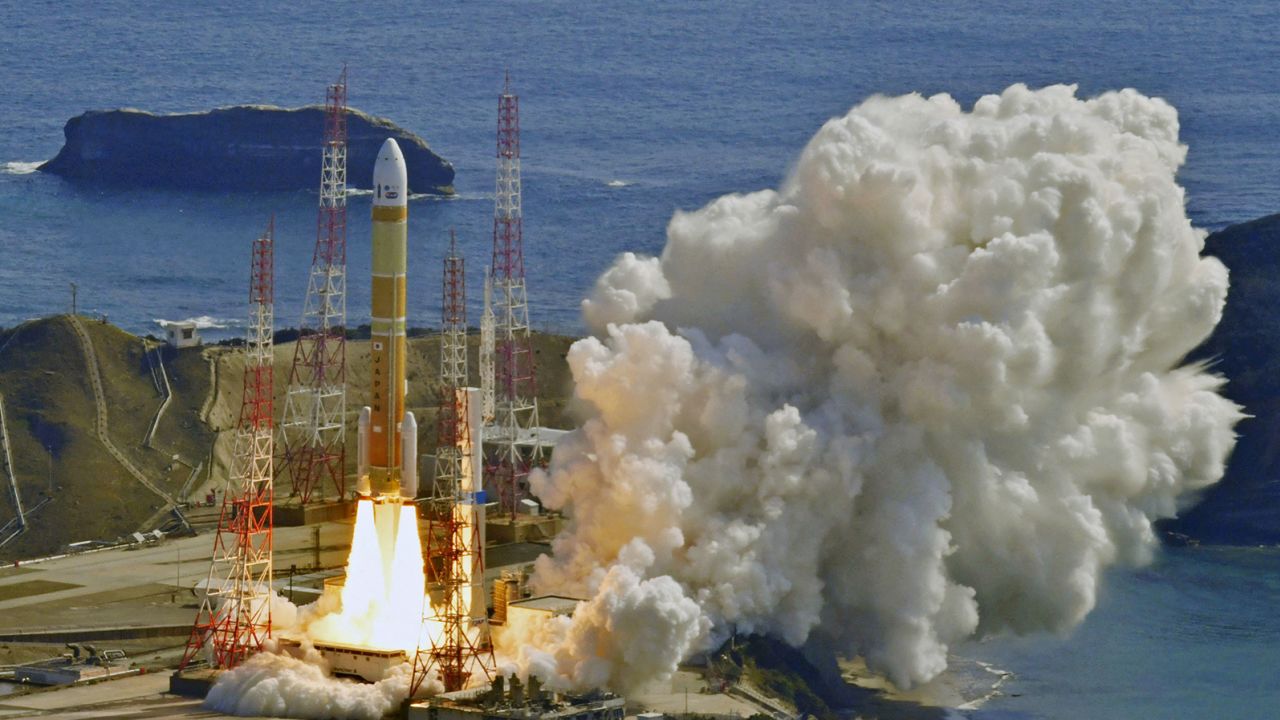The Facts
The Japan Aerospace Exploration Agency (JAXA) stated on Tuesday that an attempt to launch its next-generation H3 space rocket failed, with controllers issuing a destruct command 15 minutes after liftoff as there was no possibility of achieving the mission.
This comes as the 57-meter tall H3 rocket's second-stage engine failed to ignite upon reaching space after being launched from JAXA's Tanegashima Space Center.
The Spin
Narrative A
JAXA's launch was a complete failure, and the H3 manufacturer, Mitsubishi Heavy Industries, felt the short-term effects when its stock fell 1.8% in morning trade. More importantly, it will also have a long-term impact on Japan's future space policy, business, and technological competitiveness. Hopes were high that the new rocket would give the country a foothold in the increasingly competitive satellite launching business, but they have been dashed.
Narrative B
Tuesday's failed launch was undoubtedly a setback, but not a fatal one. As soon as Japan has located the problem, the next step will be to prove that the H3 is a reliable, user-friendly, and competitive vehicle for delivering satellites. While there's still a way to go, the H3 will potentially play a major role in the country's efforts to join others on the global space stage.
